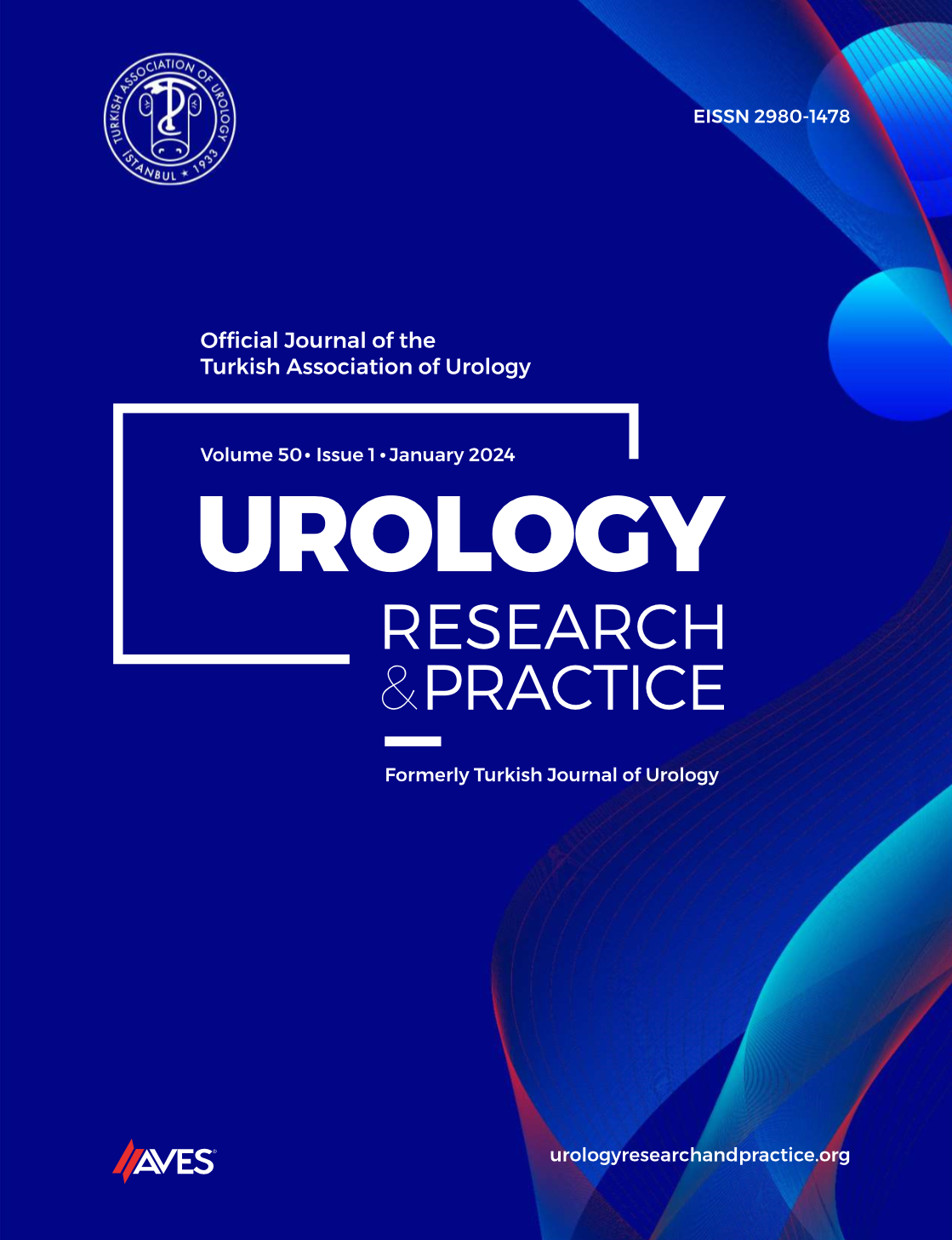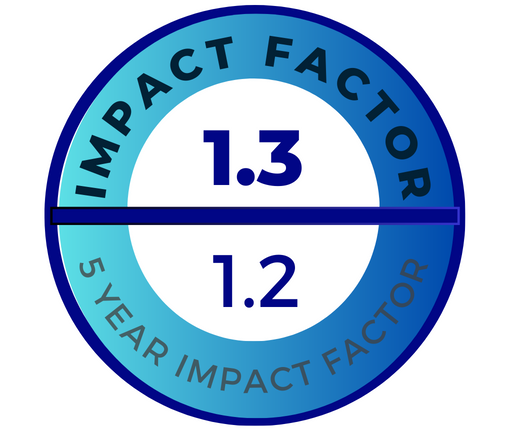Abstract
Objective: To investigate the effect of biofeedback therapy on children with desmopressin- resistant primary monosymptomatic enuresis (MsE).
Material and methods: The study comprised both retrospective and prospective sections. A total of 262 medical files of patients who were diagnosed as enuresis between November 2012 and January 2015 were retrospectively screened. Patients with neuropathic bladder, daytime voiding problems, anatomical pathology and enuresis-related diseases were excluded from the study. The demographic data and family characteristics of 29 children with desmopressin- resistantprimary MsE were recorded. After biofeedback treatment patients whose frequency of enuretic episodes decrease by more than 50% were included in the successful biofeedback treatment group (SBTG), while other patients were categorized in the unsuccessful biofeedback treatment group (USGBT). The outcomes of uroflowmetry, voided volume, postvoiding residue (PVR) and total bladder volume/age-adjusted normal bladder capacity (TBV/NBC) were recorded before and at the sixth month of the treatment.
Results: The mean age of 29 patients included in the study was 9.14±3.07 (6-15) years. Of patients, 16 were male (55.2%) and 13 were female (44.8%). Before biofeedback treatment the frequency of enuresis was 25.1±5.76 days/month, while after treatment this was calculated as 8.52±10.07 days/month. After treatment 8 patients (28.6%) achieved complete dryness. Twenty patients (69%), benefited from biofeedback (SBTG), while there were 9 patients (31%) in the USBTG group. There was no significant difference between the SBTG and USBTG groups in terms of age, body mass index and sex. The average bladder capacity of the patients increased from 215 mL to 257 mL after biofeedback treatment (p<0.001). The TBV/NBC value before treatment was 0.66, while after treatment it was 0.77 (p<0.001). There was a statistically significant difference between the SBTG and USBTG groups in terms of presence of MsE in mother, and both parents (p=0.001, p=0.016, respectively).
Conclusion: Biofeedback therapy is a safe, simple, and minimally invasive treatment modality in children with MsE resistant to desmopressin treatment. This treatment, which was found to increase total bladder capacity, may be recommended for children with MsE when conventional desmopressin treatment fails.

.png)


.png)